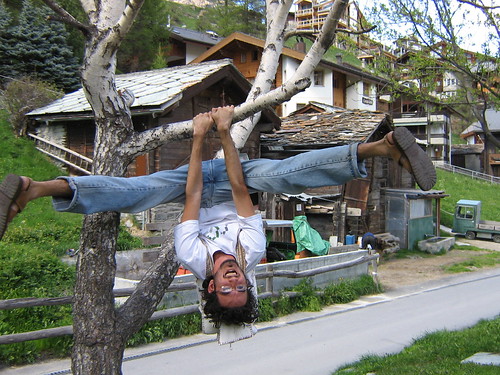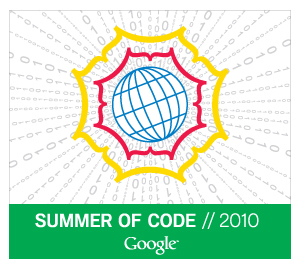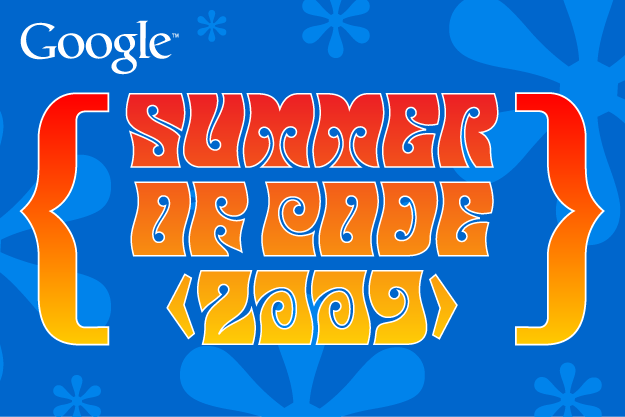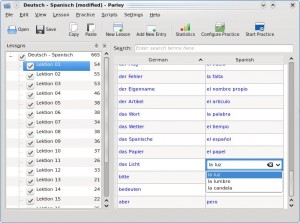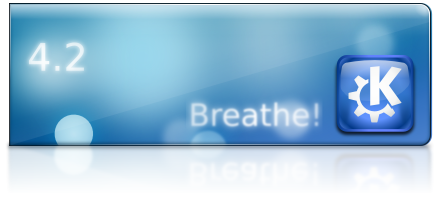It is time again to prepare for Google Code-in. We have 2 weeks to collect tasks that we’d like high-school students aged 13 to 17 to work on. Last year GCI was an amazing success and I hope we can take part again this year. For this I need your help.
We need to fill this page with as many tasks as we can in the next 2 weeks: http://community.kde.org/GoogleCodeIn/2011/Ideas Unlike last year we will not be able to add more tasks for the students until the middle of the program so we really need to have as many as we can by the time the program starts.
We are again looking for tasks in the following areas (we need at least 5 in each of them):
- Code: Tasks related to writing or refactoring code
- Documentation: Tasks related to creating/editing documents
- Outreach: Tasks related to community management and outreach/marketing
- Quality Assurance: Tasks related to testing and ensuring code is of high quality
- Research: Tasks related to studying a problem and recommending solutions
- Training: Tasks related to helping others learn more
- Translation: Tasks related to localization
- User Interface: Tasks related to user experience research or user interface design and interaction
If you are unsure how tasks should look like:
- some info from Google: http://code.google.com/p/google-code-in/wiki/GCIAdminMentorInformation
- our ideas page from last year: http://community.kde.org/GoogleCodeIn/2010/Ideas
- #kde-soc on freenode IRC – poke me there for any clarifications you need

